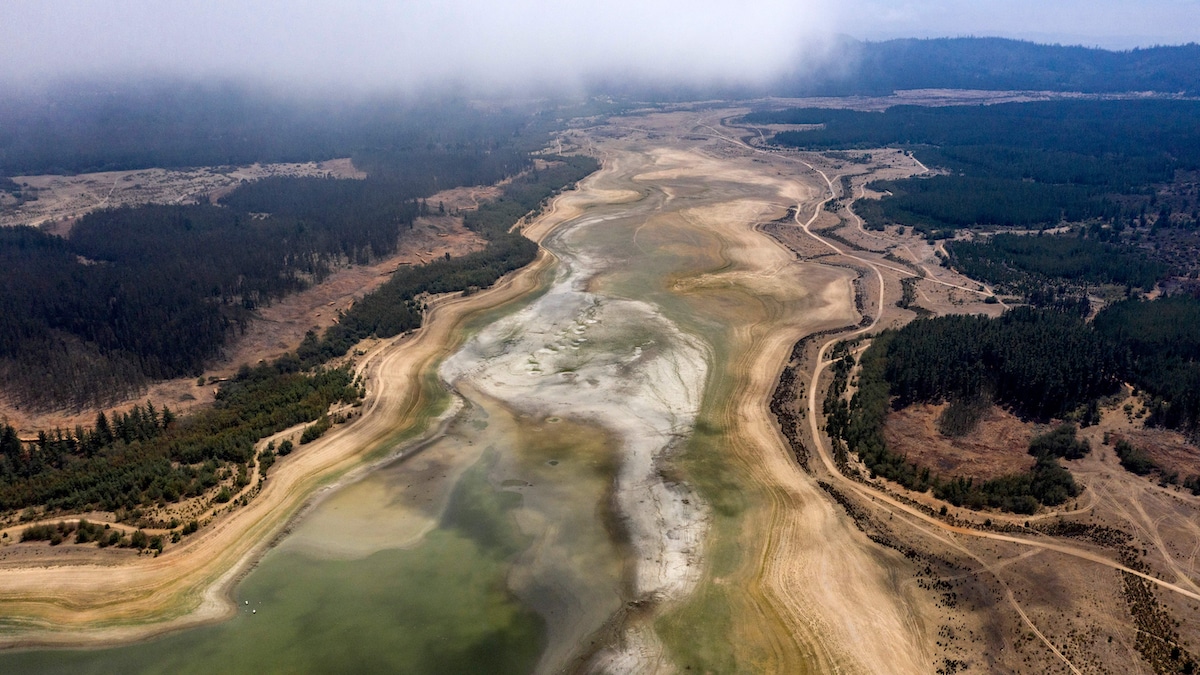
Chile Announces Unprecedented Water Rationing Plan as It Enters 13th Year of Drought

To combat its 13th year of a record-breaking drought, Chile has announced a possible water-rationing plan for Santiago, the country’s capital of almost six million people. According to officials, implementation of the plan will depend upon the levels of rainfall this winter, reported Al Jazeera English. Winter in Chile begins June 21.
The capital city gets most of its diminishing water supply from the Mapocho and Maipo Rivers and will use a water rationing alert system based on their levels, Reuters reported. Whether water rationing will occur every four, six or 12 days will depend on water level deficiencies.
“A city can’t live without water,” Governor of the Santiago Metropolitan Region Claudio Orrego said, as The Independent reported. “And we’re in an unprecedented situation in Santiago’s 491-year history where we have to prepare for there to not be enough water for everyone who lives here.”
The water rationing alert system has four tiers, beginning with public service announcements, according to Reuters. The first stage — “Green Alert” — encourages the conservation of water, prioritizing groundwater use, Al Jazeera English reported. This is followed by other stages that precede water rationing — “Preventative Early Warning” and “Yellow,” which use water pressure reduction. The “Red Alert” stage is the only tier that requires complete water rationing. This stage is applied to different sections of the city at a time, with water being cut off for, at most, 24 hours, authorities said.
If it is put into place, the water rationing plan will affect 1,545,000 households whose water is supplied by the Maipo River, and 142,000 households that get their water from the Mapocho River.
“We have had 12 years of drought, therefore it’s quite likely that we will have this type of situation,” Orrego said in a press conference, reported TRT World.
In the past 30 years the availability of water in Chile has fallen to 37 percent, and it could be reduced again by half in the northern and central parts of the country by 2060, Reuters reported.
The climate crisis has intensified storms, floods, heat waves, droughts, wildfires and other extreme weather events across the globe.
“This is the first time in history that Santiago has a water rationing plan due to the severity of climate change,” said Orrego, as reported by Reuters. “It’s important for citizens to understand that climate change is here to stay. It’s not just global, it’s local.”

 233k
233k  41k
41k  Subscribe
Subscribe 